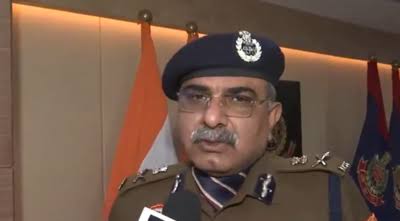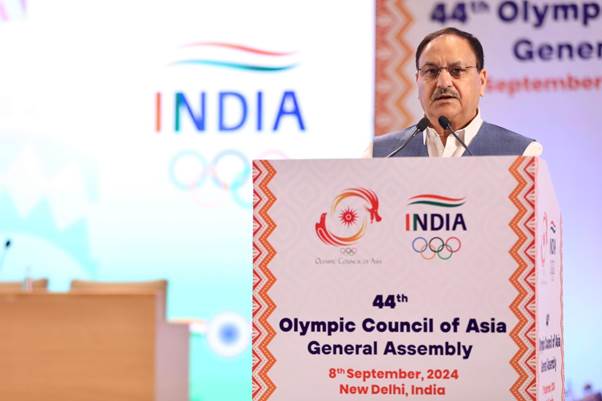Prime Minister Narendra Modi, addressing a massive gathering in R.K. Puram, New Delhi, on Sunday, made a strong pitch for the BJP ahead of the upcoming Delhi Assembly elections. In his speech, he emphasized that his party was the only one that truly respected the middle class and had consistently worked to support honest taxpayers. He pointed to the Union Budget, presented a day earlier, as proof that his government was fulfilling its promises to the people.
 Speaking with conviction, Modi reiterated his vision for a “Viksit Bharat” (Developed India), built on four key pillars: farmers, youth, the poor, and women. He highlighted the various welfare measures his government had implemented over the years, including free ration, health treatment, and housing for the underprivileged. The latest budget, he said, was a continuation of these efforts, ensuring economic growth while prioritizing the needs of ordinary citizens.
Speaking with conviction, Modi reiterated his vision for a “Viksit Bharat” (Developed India), built on four key pillars: farmers, youth, the poor, and women. He highlighted the various welfare measures his government had implemented over the years, including free ration, health treatment, and housing for the underprivileged. The latest budget, he said, was a continuation of these efforts, ensuring economic growth while prioritizing the needs of ordinary citizens.
The Prime Minister expressed pride in India’s economic progress, noting that the country had risen from being the world’s 10th largest economy to the 5th largest under his leadership. This growth, he argued, was a testament to the hard work of the people and the BJP’s commitment to financial discipline. He contrasted this with previous governments, alleging that economic progress in earlier decades had often been hampered by corruption and mismanagement.
In a direct appeal to the middle class, Modi underscored his government’s commitment to reducing their tax burden. He pointed out that under previous Congress governments, individuals earning ₹12 lakh annually had to pay significant amounts in taxes. Under the BJP, however, such earners faced no tax liability at all. This, he argued, was a reflection of his party’s dedication to supporting honest taxpayers and ensuring their money was spent on public welfare rather than lost to corruption.
Addressing the concerns of young people, Modi spoke about the importance of employment opportunities. He reassured the audience that the budget included significant allocations for job creation, particularly benefiting fresh graduates and young professionals. He also highlighted the growing gig economy in Delhi, attributing its expansion to the BJP-led government’s push for digital transformation. To further support gig workers, he announced plans for a dedicated government portal that would register them and extend benefits such as insurance coverage.
Taking a sharp jab at the Aam Aadmi Party (AAP), Modi labeled it as “AAP-da” (a play on the Hindi word for disaster). He claimed that the party had been “exposed” in front of the people and accused its leadership of misleading the public with false promises. He pointed to the recent defections of AAP MLAs to the BJP as evidence of growing discontent within the party. According to Modi, AAP had lost credibility, and its leaders were abandoning ship before the electorate could reject them.
Urging Delhiites to give the BJP a chance, Modi promised that his party would bring real change and development to the capital if voted into power. He assured the crowd that all guarantees made by the BJP would be honored, just as they had been at the national level. His speech concluded with a passionate call for support, as he asked voters to place their trust in a government that, he claimed, had consistently prioritized the people’s needs and aspirations.
As the Delhi Assembly elections draw closer, Modi’s speech served as both a celebration of his government’s achievements and a pointed critique of his political rivals. With the BJP positioning itself as the champion of the middle class and economic growth, the coming days will determine whether his message resonates with the voters of Delhi.



